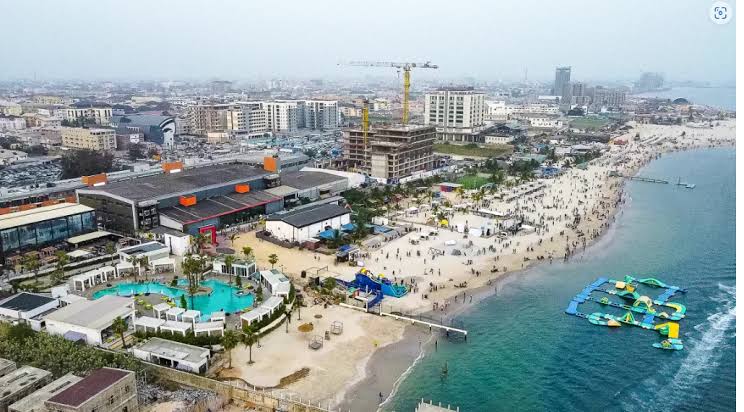News
Nigerian govt begins compensation for Lagos-Calabar Highway Project, but concerns remain

In a move aimed at addressing a potential hurdle for the 700km Lagos-Calabar highway project, the Nigerian government announced the commencement of compensation payments to affected property owners.
The Minister of Works, Engr. David Umahi, disclosed this information on Tuesday during a media interaction in Lagos.
Payments, starting today, May 1st, 2024, will be directed towards those whose properties fall within the designated government right-of-way for the highway construction.
However, a point of contention surrounds the compensation rate.
Minister Umahi confirmed the use of the “government’s old rate,” which has raised concerns among some property owners who might believe the established rates don’t reflect current market value.
The 700 km Lagos-Calabar coastal road will be constructed for N15 trillion, and a kilometre of the road will cost N4 billion. It is designed to connect Lagos to Cross River, passing through Ogun, Ondo, Delta, Bayelsa, Rivers, and Akwa Ibom states, before culminating in Cross River.
This development comes amidst efforts to expedite the construction of the highway, a major infrastructure project expected to improve connectivity between the country’s economic hubs.
While the compensation rollout signifies progress, the question of compensation adequacy could potentially impact the project’s timeline or lead to disputes.
Join the conversation
Support Ripples Nigeria, hold up solutions journalism
Balanced, fearless journalism driven by data comes at huge financial costs.
As a media platform, we hold leadership accountable and will not trade the right to press freedom and free speech for a piece of cake.
If you like what we do, and are ready to uphold solutions journalism, kindly donate to the Ripples Nigeria cause.
Your support would help to ensure that citizens and institutions continue to have free access to credible and reliable information for societal development.














